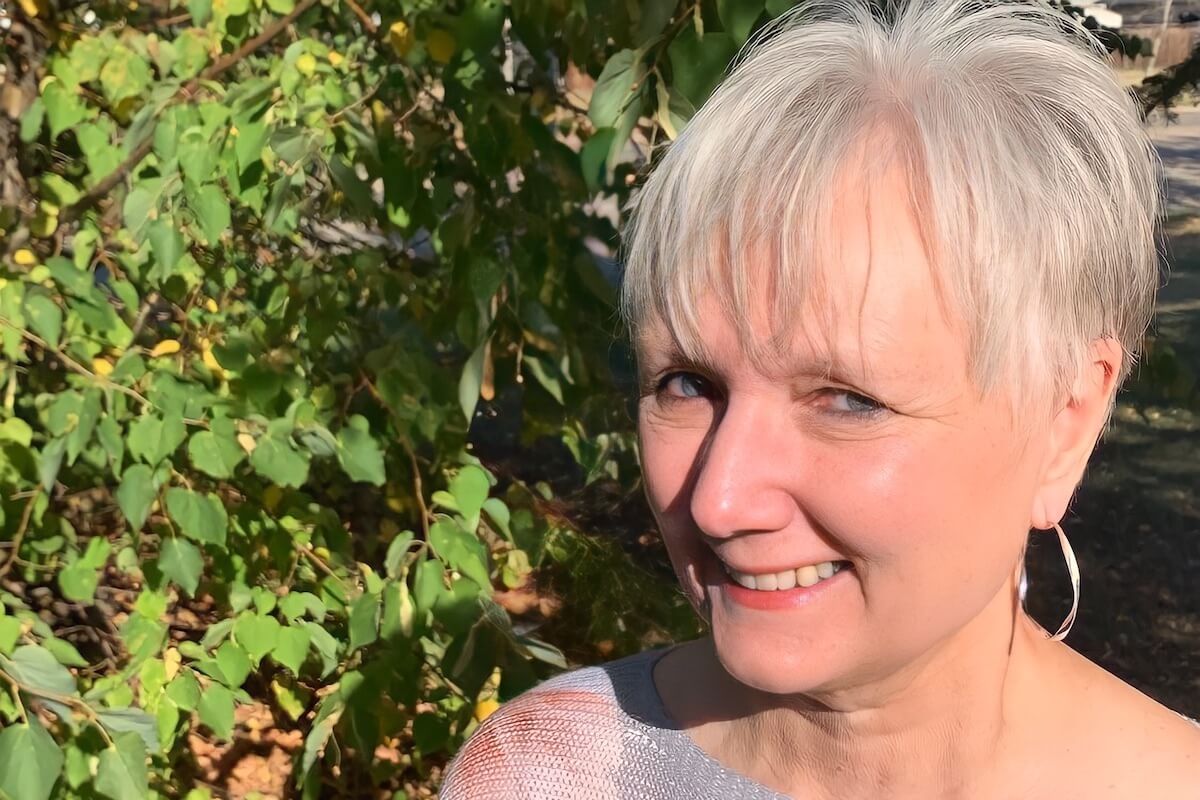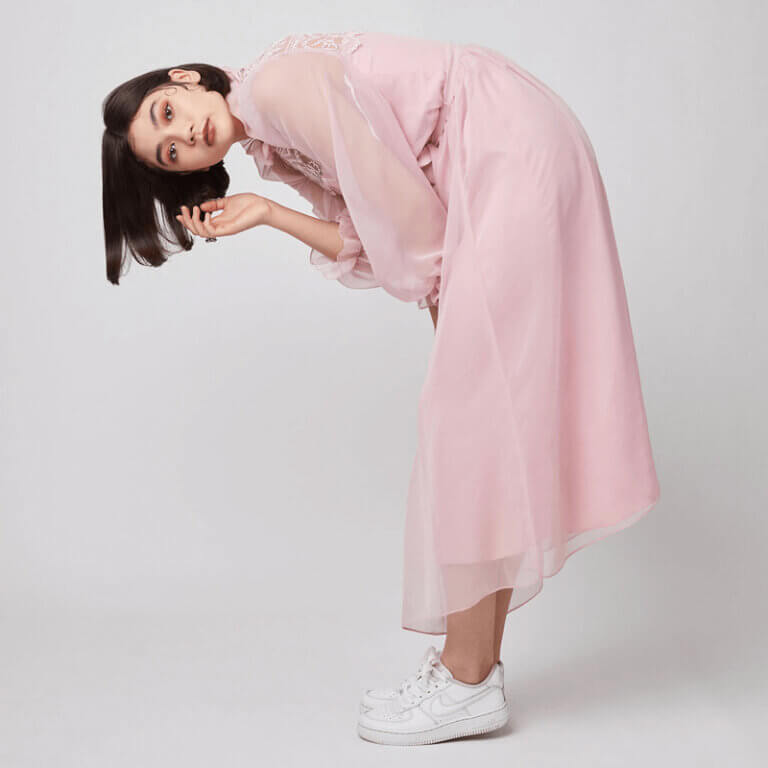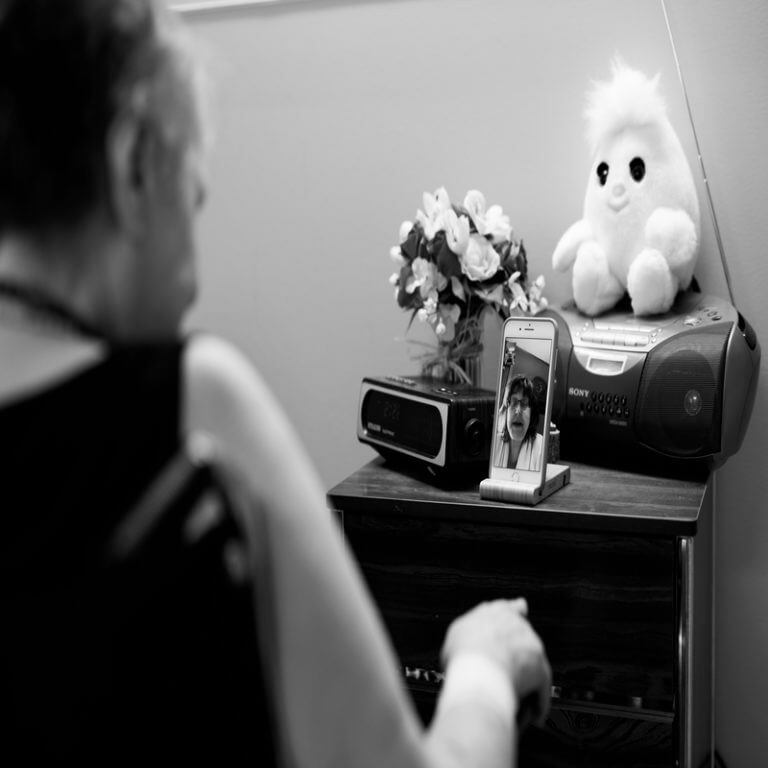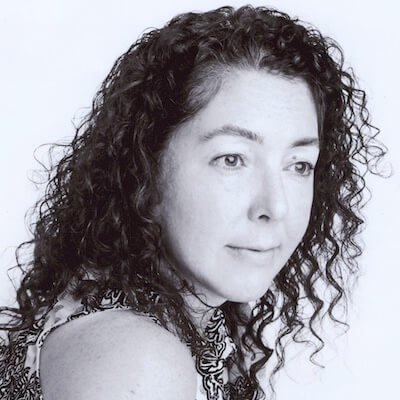Am I going to meet somebody? What is my purpose in life? Will I be okay financially?
Love, purpose, money — these are the top three things that clients ask Elizabeth Adams about in psychic readings. Based in Edmonton, Alberta, she helps people connect with their deepest selves in readings and also through the teaching, soul coaching and soul writing that she does.
“My soul is here to do this,” she says. “I feel that we’re in a time of massive change, and that the shift that we’re making is about becoming more conscious of who we actually are as human beings. We’re not limited to our five senses. Things are not black and white.”
Adams shared with us some of her life as a psychic.
What is your title?
I’ve called myself a few different things over the years: intuitive coach, psychic, clairvoyant. I think I’m coming back around to the word “psychic.” I put it aside for a while because of the connotations, and because my particular way of reading is not the same as the general idea of what a psychic does. The word “psychic” means “beyond the physical.” It also is the Greek word for “soul.” I call my sessions “soul sessions.”
How would you describe what you do?
I tune in to you like a radio station. I dial in to your frequency, and then I just start. Whatever comes to me, comes to me. You can ask questions. I don’t like to know anything ahead of time — blank slate.
We all have spirit guides. They’re people that have had a life, and now they’re no longer physical but they’re helping. We have angels. Angels are real. I see them all the time. We have celestial guides, who are just energies that are here to help us. We have all kinds of different energies that are around us, to help us.
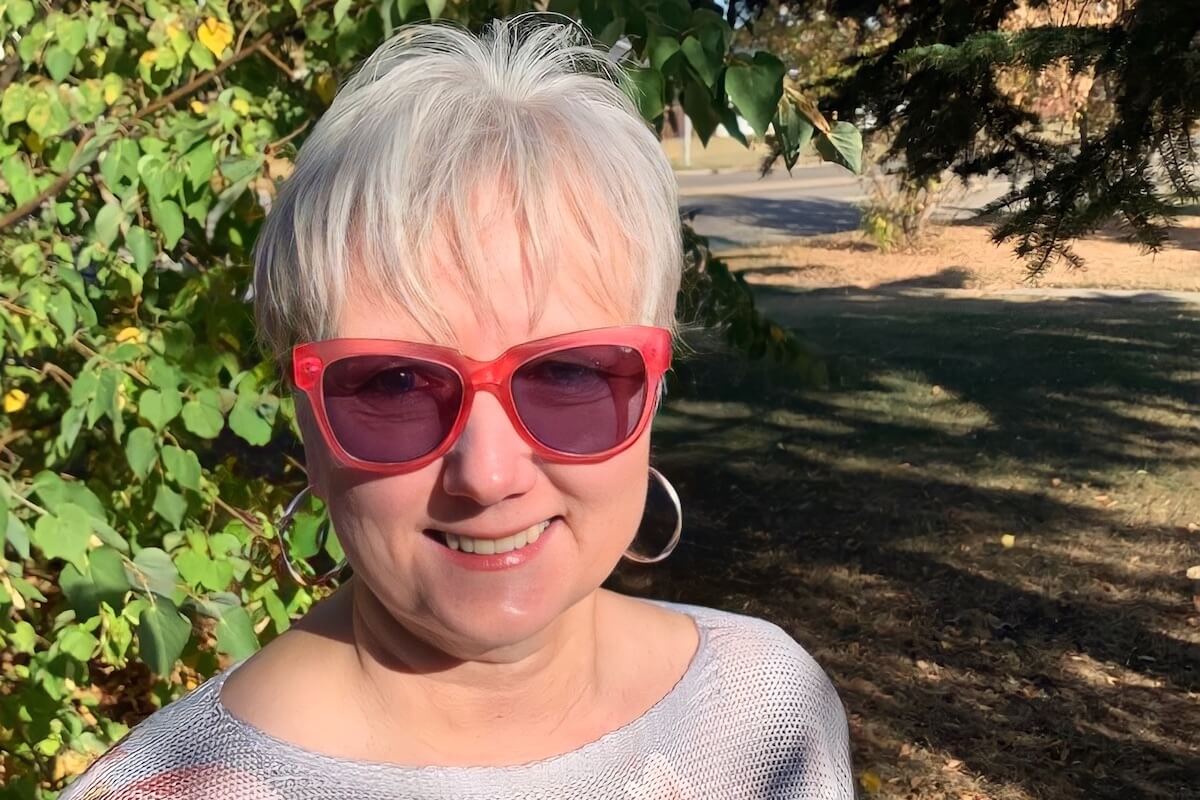
How did you get into this business?
I’m fourth generation. My great-grandfather was psychic. I know nothing about him except that. My grandma read teacups growing up. My dad was psychic. But I’m the one in the family who has gone out into the world with it.
I’ve always been psychic, but I didn’t grow up with that word. When I was in my teens, I just started to know things. Knew what people were going to say before they said it. Thought of a song, there it was on the radio. Had a very strong sense of being guided, but I had no language to articulate that.
When I was about 16 or 17, my grandma really began to encourage me to develop my ability. So I knew it was with me, but I didn’t really look into it until my grandma died. I was about 24, and I went to a place called the Vancouver Psychic Society. That’s where I learned all the terms and how to heal and all that stuff. It was just like I was getting a refresher course — that’s how it felt. And then I sat in what was called a closed circle for like nine years, off and on. That was just working together to receive information, that kind of thing.
I’ve spent the majority of my life trying to do something else. Name a job, I’ve probably done it. I think a lot of people who are doing the work that I do have that experience. It’s not a comfortable way to go through the world, but you’re called to it. It never leaves you. I’ve been out in the world, doing readings for people as my main source of income, since ’87.
Related Articles
I think everybody’s psychic. Anybody can do this. But not everyone is going to want to do what I’m doing. I always say if you don’t want status, if you don’t want money, if you don’t want people to understand what you’re doing, if you don’t want to be taken seriously, be a psychic!
What did you think you’d be doing for a living as a kid?
I don’t think I thought in those terms. However, when I was six, I wrote a newspaper. It was the Adams Newspaper, and it was like, “Grandma’s Coming to Dinner.” Big news!
What’s your favourite part of your job?
I think it’s the connection, knowing that I’ve been able to help somebody connect to their deepest selves. They’ve been seen, they’ve been heard, they’re understood, they’re connected to something much bigger, and it’s going to be okay in the end. And that I’ve helped somebody to make sense of what’s happened, or that I’ve eased some pain.
What’s the most challenging part of your job?
When I have someone I’m just not the right reader for. Or somebody who thinks it’s a big joke. It’s not entertainment.
I’m not very good at missing kids or missing persons, because I feel the pain of the family. And I get the information, but then I don’t want to have that information.
What’s been your proudest moment so far?
I don’t think I have a proudest moment. It’s not really like that for me. I think it’s more that I’ve worked very hard on myself, on my own history of trauma, which then makes me a much better receptor for this work.
What advice do you have for other people hoping to find their passion and purpose?
You have to be true to yourself. You have to have compassion and kindness. And if you want to do good work, you have to get out of your own way.
Lead image credit: Photos provided by Elizabeth Adams.
